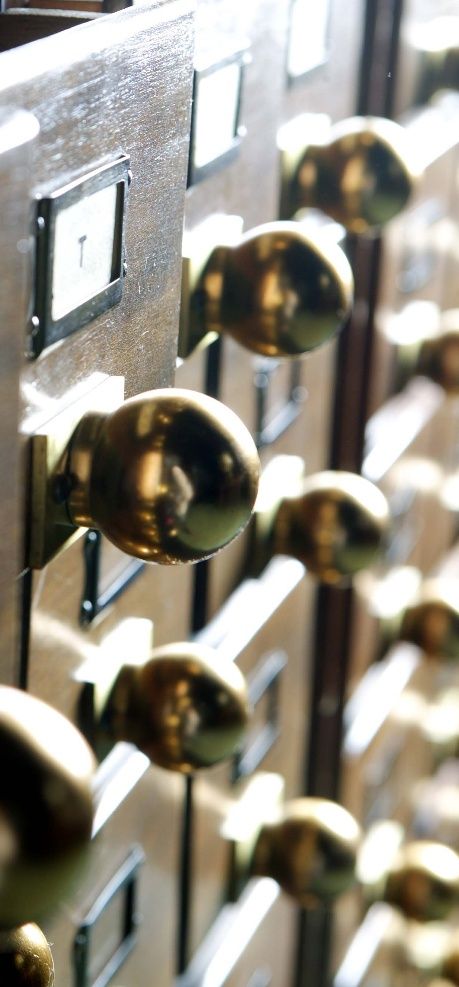How many volumes may I consult per day?
The user may consult up to maximum ten volumes per day. Exceptionally, the days when the Archive opens in the afternoon, he/she may apply for five additional volumes to be consulted during that time. However, the Archive reserves the right to reduce such figure depending on the attendance of users.
If I did not finish consulting the documentation applied for, may I left it in reservation?
Yes, the user may reserve the documentation he/she has to go on using up to maximum fifteen days and three units per person, This time being elapsed, if the user did not consult it again, the documentation shall be returned to the deposit.
May I apply for reproductions of the documentation consulted?
Yes, the user may apply for its reproduction provided that the state of preservation allows it. Even though, the indiscriminate and systematic reproduction of documentation is not allowed nor instant copies shall be done. He/she will have to let them ordered by filling the related application form.
May I consult less than one hundred years old documentation?
No, the notarial documentation has to be over a hundred years old to be of free access. In the event of documentation having a lesser antiqueness, the consultation is not allowed for study or historical research purpose. And, only when the person can evidence that he/she is entitled and has a lawful interest, he/she may apply for a certified copy, addressing himself/herself to the notary office, when the documentation is less than twenty-five years old, or to the Intermediate General Archive, that is located at nº 2 of the Notariat street, when the documentation is from twenty-five to one hundred years old.
Do I need to know the name of the notary to trace a deed?
Yes, the name of the notary and the year when the document was executed are basic data. Bearing in mind the huge documentary volume of the AHPB – over 40,000 centennial volumes - it would be virtually impossible for us to trace the deed if we do not have any of these data.
I am willing to trace a testament but I do not know the year nor who the notary executing it was. What can I do?
If the testament was drawn up after 1886, you can apply from the General Registry of Last Will of the Ministry of Justice the certificate of acts of last will, which is the document evidencing whether a person has made a testament and before whose notary. In the case of former testaments, it will be very complicated to trace it if we do not know neither the year nor the notary.
The documentation you are willing to consult pertains to a notary outside Barcelona. Can I also find it in the AHPB?
No, the AHP only keeps the documentation of the notarial district of Barcelona, comprised only of the Catalan capital and, for historical reasons, the documentation of Badalona. In the case of notaries of other places, it will have to see to which district they pertain and address to the related historical archive.
I am willing to do a publication where I used documents of the AHPB. Do I need any type of authorisation?
No, the single requirement is to state its origin. In any case, to be able to always count on an updated bibliography, we would appreciate that the researcher delivers a copy of the publications where, in a relevant manner, he/she used documents from our collection.










